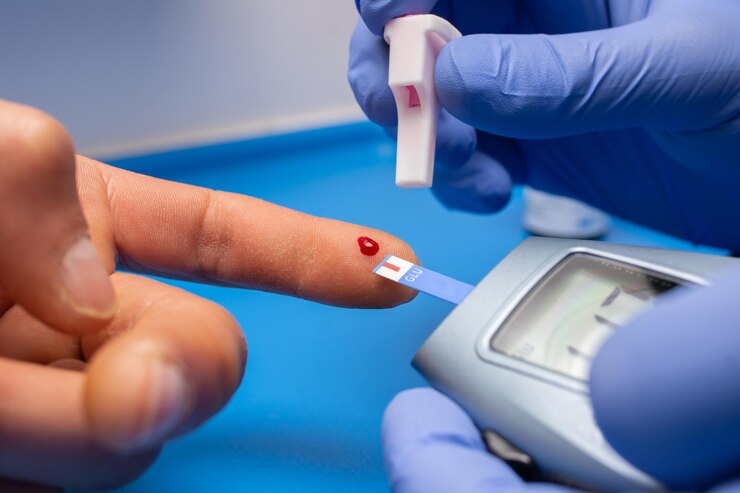
Being overweight or obese can lead to various health issues, such as insulin resistance or type 2 diabetes. Once diabetes develops, individuals must monitor their blood sugar levels closely throughout the day to manage fluctuations. Recently, researchers from the University of Granada in Spain investigated whether the timing of moderate-to-vigorous physical activity affects glucose metabolism.
Previous studies have indicated that physical activity can enhance blood glucose levels, prompting the researchers to explore if the timing of activity plays a role in this effect. They found that engaging in higher levels of activity later in the day was associated with steadier blood sugar levels throughout the entire day.
Insulin resistance and type 2 diabetes affect millions globally, with significant prevalence in the United States. Management often involves medications like metformin alongside lifestyle adjustments, including diet and exercise. The study aimed to expand on existing research by examining the impact of physical activity timing on glucose stability.
The researchers analyzed data from 186 adults, evenly split between genders, with an average age of 46.8 years and an average body mass index indicating obesity. Participants wore devices to track physical activity and glucose levels continuously for 14 days. Days were categorized based on the timing of moderate-to-vigorous physical activity: morning, afternoon, evening, or mixed throughout the day.
Results indicated that participants who engaged in most of their moderate-to-vigorous physical activity in the evening had lower average glucose levels over 24 hours compared to those who were inactive. The study highlighted an average reduction of approximately 1.28 mg/dL in glucose levels for evening exercisers compared to inactive participants.
Dr. Robert McLaughlin, an orthopedic surgeon from Boston not involved in the study, commented on the findings, noting the potential implications for optimizing exercise timing to improve metabolic outcomes. He stressed the importance of maintaining regular physical activity throughout the day, emphasizing that while evening exercise may offer additional metabolic benefits, morning exercise remains crucial for overall health.
Dr. Shiara Ortiz-Pujols, a specialist in obesity medicine at Staten Island University Hospital in New York, echoed these sentiments, underscoring the overall benefit of regular moderate-to-vigorous physical activity regardless of timing. She advised that establishing a consistent exercise routine should take precedence, with the option to incorporate evening workouts for potential metabolic advantages.
In conclusion, while the study suggests potential benefits of evening exercise for managing glucose regulation in individuals with overweight or obesity, further research is needed to fully understand these effects. Regular physical activity remains pivotal for overall health and should be tailored based on individual schedules and preferences.









